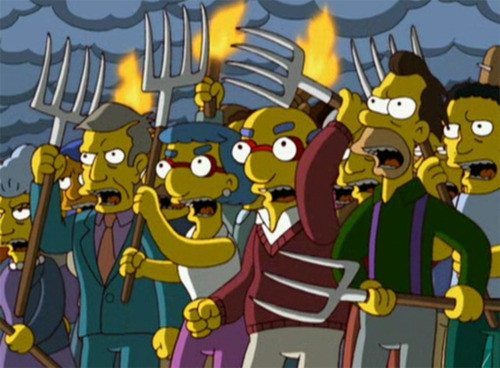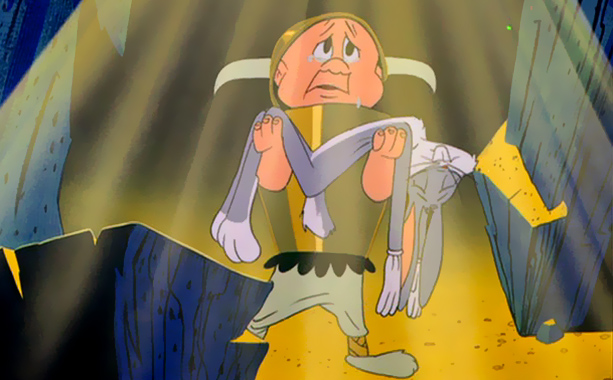
Quartz recently reported that “Millions of Facebook users have no idea they’re using the [I]nternet”. Specifically, in southeast Asia and Africa, there are more self-identified “Facebook users” than there are “Internet users.” Most of the Internet basically just said “Ha! Ha! Look at those stupid people!”, but that misses what’s really going — and explained in the Quartz article.
In the developing world, most people don’t have computers, they have phones, and those phones aren’t even smartphones, they’re feature phones. When they browse Facebook, they aren’t using an app, or even m.facebook.com, they’re using what’s called “mbasic“. Additionally, the bandwidths are limited — say 2G — and the data rates are relatively expensive. In a very real sense, trying to surf the modern web is nigh-unusable. So Facebook experience is in certain sense not the Internet. The trouble comes in from the fact, that’s how Facebook wants it.
FB is a walled garden. It always has been. It’s a walled-garden with a billion users on a 7 billion person planet. There’s just not that much growth in the wired world available beyond population growth… unless you increase the number of potential users. And that’s where Internet.org comes in. Internet.org is a corporate partnership between Facebook and various feature phone manufactures that is “dedicated to making affordable internet access available to the two-thirds of the world not yet connected.” It sounds like a charity. It talks about the good works it does. But in reality, it’s just a ploy to increase the number of Facebook users. One of Internet.org’s main tactics is “zero-rating“. Zero-rating is a network-biased approach where telcoms or ISPs don’t charge customers for packets exchanged between them and the zero-rated site, thereby biasing user behavior.
There’s nothing altruistic with Internet.org, it’s all about increasing advertising revenue. That’s not necessarily a bad thing, that’s how the company makes money, and hell it pays my bills. And yeah, Facebook is primarily user generated content, and yes it is possible to do your own things on it, but the thing that bothers me about Internet.org is the whole mission from God rhetoric about it. “Is Internet connectivity a human right?” Well maybe, maybe not, but spouting this while promoting a walled garden is bullshit.









